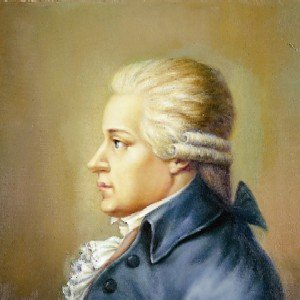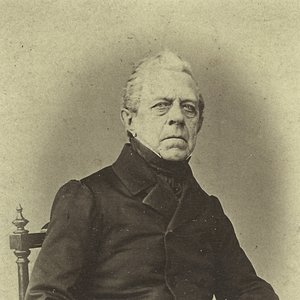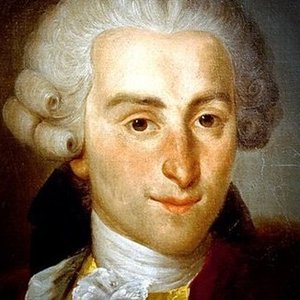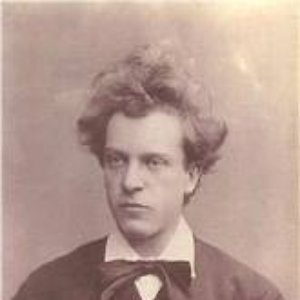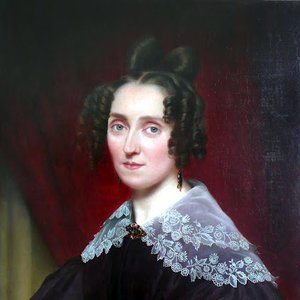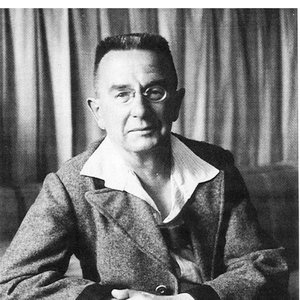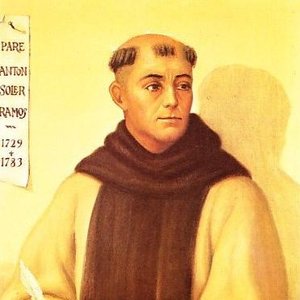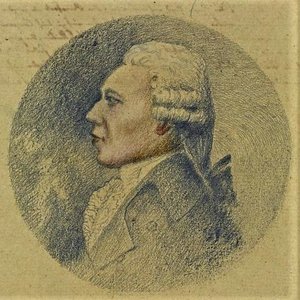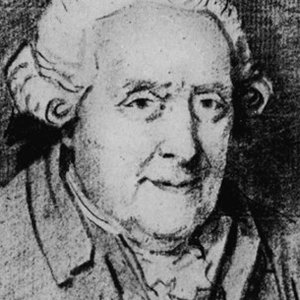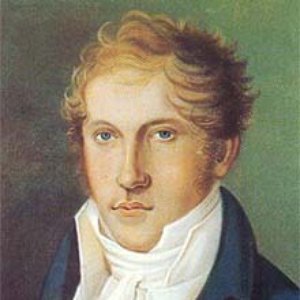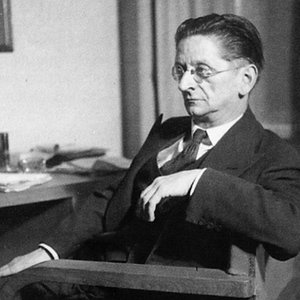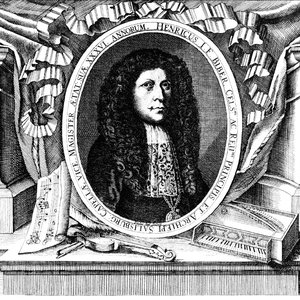Biography
-
Born
27 January 1806
-
Born In
Bilbao, Vizcaya, País Vasco, Spain
-
Died
17 January 1826 (aged 19)
Juan Crisóstomo Jacobo Antonio de Arriaga y Balzola (January 27, 1806 – January 17, 1826) was an early 19th-century Spanish composer who has been called the "Spanish Mozart."
Arriaga acquired this nickname after he died because, like Wolfgang Amadeus Mozart, he was also a child prodigy and an exceptionally gifted composer who died at a young age. Coincidentally, he was born on what would have been Mozart's fiftieth birthday.
Juan Crisóstomo Arriaga was born in Bilbao, Spain. His father and older brother first taught him music. He then studied the violin under Pierre Baillot, and counterpoint and harmony under François-Joseph Fétis at the Paris Conservatoire. He was so good, he soon became a teaching assistant in Fétis's class.
Arriaga died in Paris at the age of nineteen, of a lung ailment, or exhaustion, perhaps both.
The amount of music by Arriaga which has survived to the present day is quite small, reflecting his early death. It includes:
Opera: Arriaga wrote an opera, Los esclavos felices ("The Happy Slaves"), in 1820 when he was thirteen. It was successfully produced in Bilbao. Unfortunately, only the overture survives.
Symphony: Arriaga composed a Symphony in D—which uses D major and D minor so equally as to not actually be in either key.
String quartets: Arriaga wrote three sparkling and idiomatic string quartets at the age of eighteen. These fine string quartets were the only works published during his lifetime.
Other works: In addition to the aforementioned major works, Arriaga also wrote the following:
A second opera (Nada y Mucho)
Pieces of church music (cantatas, a Mass, Stabat Mater, Salve Regina, Et vitam venturi saeculi), cantatas (Agar, Erminia, All' Aurora, Patria, La Hungara)
Instrumental compositions (a nonet, Tres Estudios de Caracter for piano, and numerous Romances).
The Teatro Arriaga in Bilbao is one of the centers of the August city festivals.Arriaga's music is "elegant and accomplished and notable for its harmonic warmth" (New Grove Concise Dictionary of Music). There is nothing characteristically Spanish in Arriaga's music. Rather it is international (European) music from the formative period between the late classical music of Mozart to the early Romanticism of the young Beethoven.
According to Grove, Arriaga's death "before he was 20 was a sad loss to Spanish music."
Following his early death, with the only reliable biographical material being some reports by Fétis, Arriaga's life story was fictionalized to play into rising Spanish nationalism.
A public theatre in his home city of Bilbao carries his name.
Artist descriptions on Last.fm are editable by everyone. Feel free to contribute!
All user-contributed text on this page is available under the Creative Commons Attribution-ShareAlike License; additional terms may apply.

